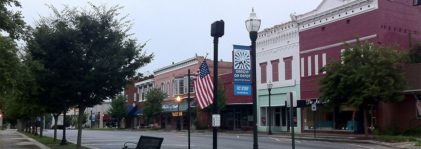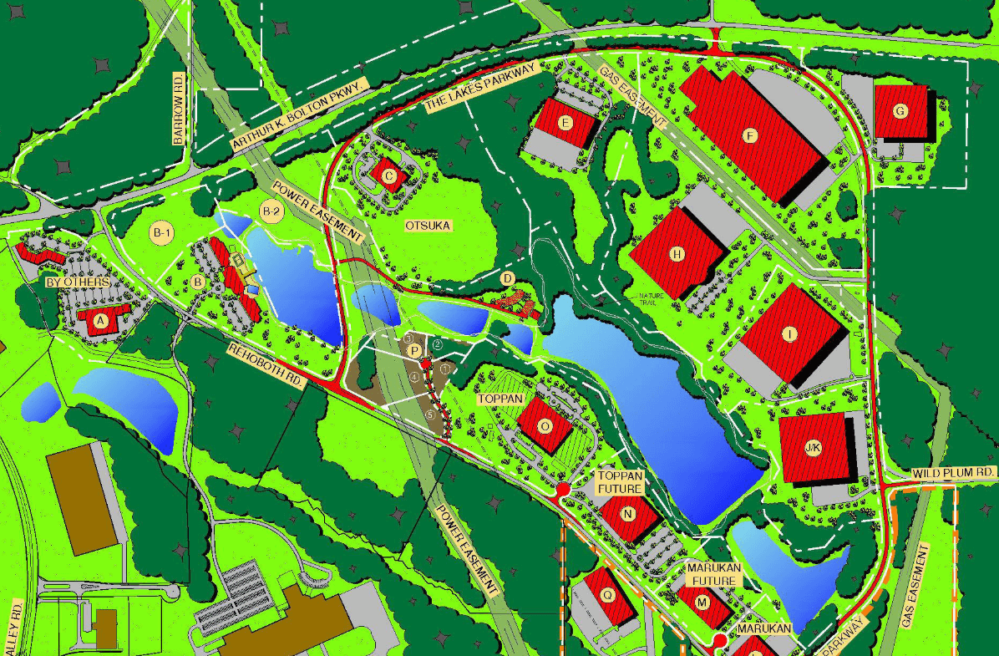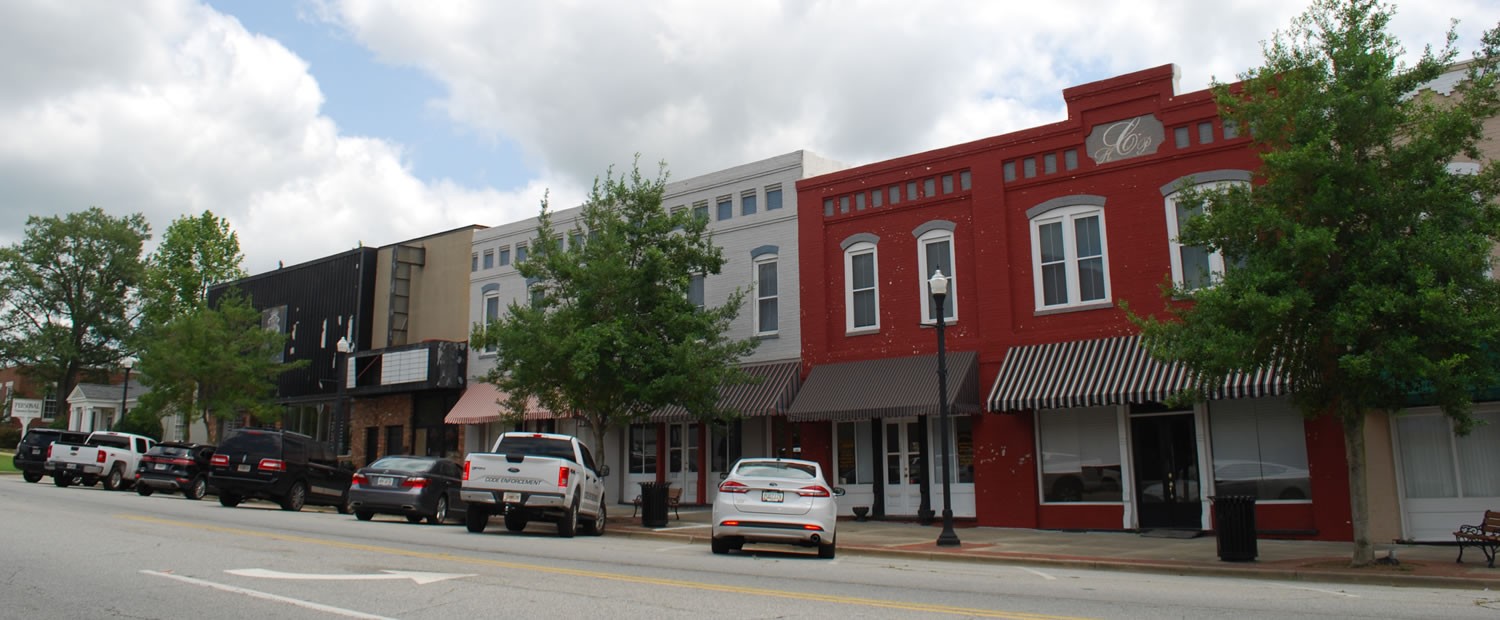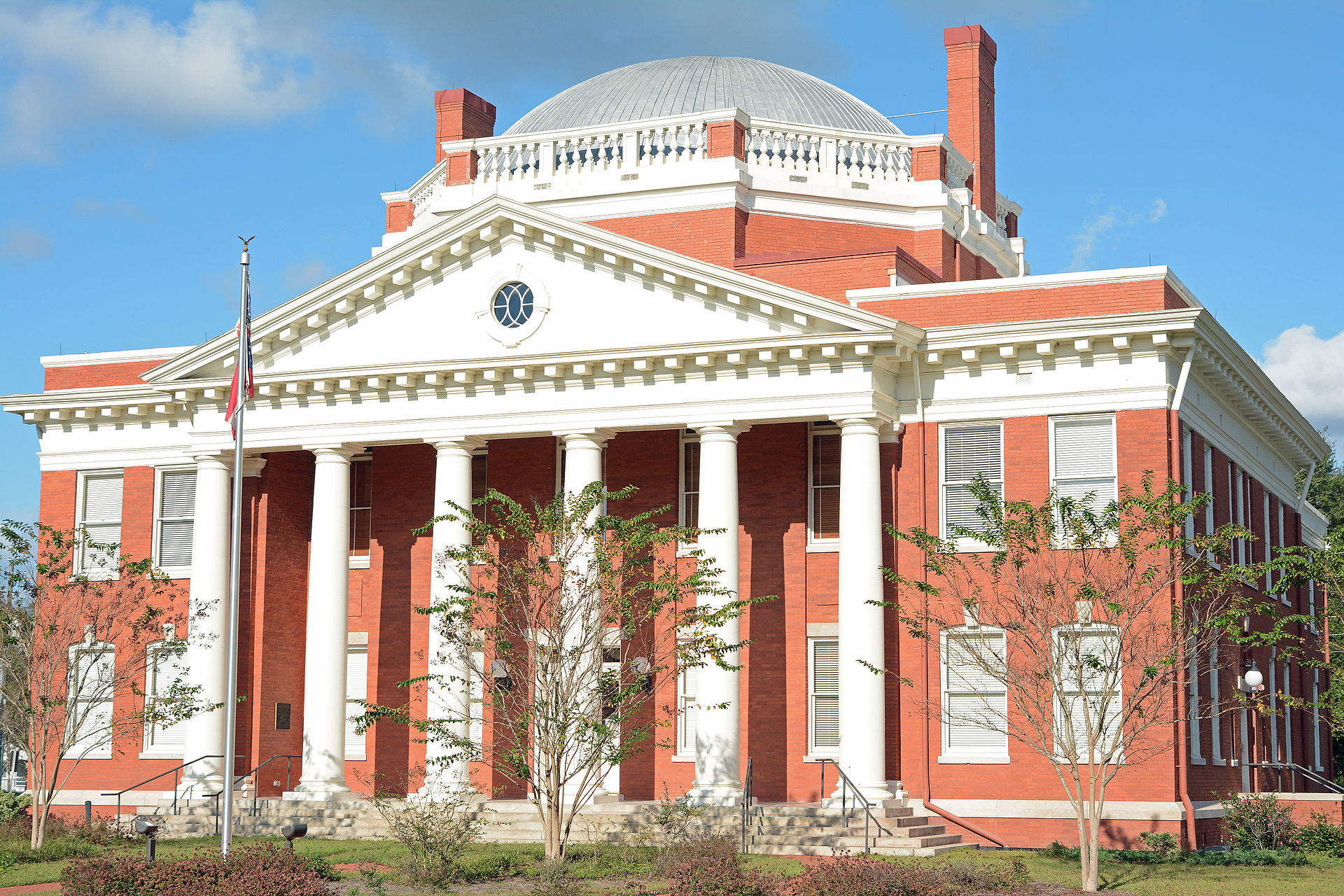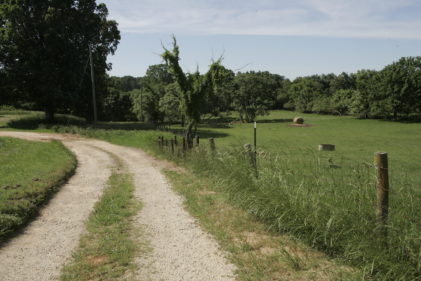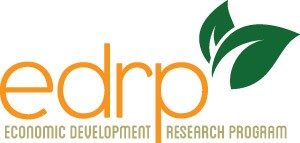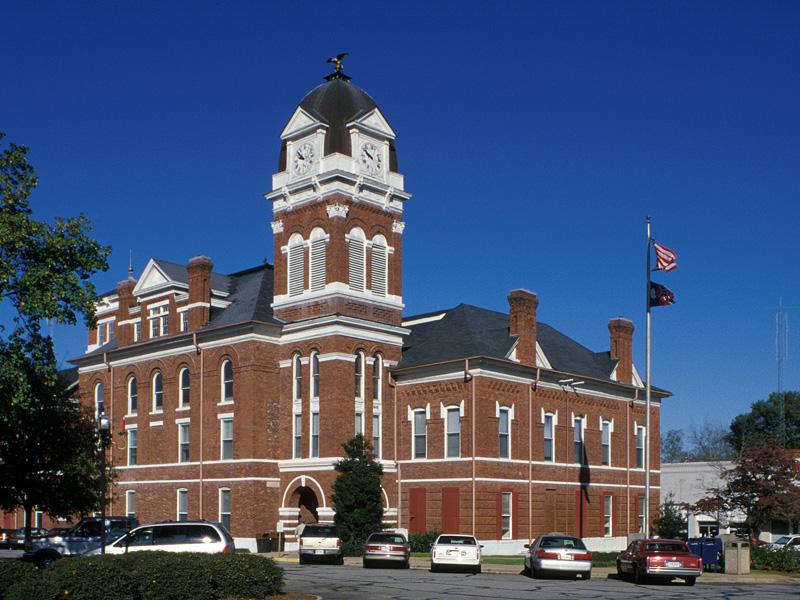In August 2018, the City of Rossville, GA submitted a proposal for a grant through the Economic Development Research Program (EDRP). The proposal presented a case for the development of a “Strategic Priorities Assessment” to prioritize projects that will bring greater investment into the city based on its evident strength in location, real and tourism estate assets, and proximity to a regional economic hub. The Strategic Priorities Assessment will be directed towards providing recommendations for building the capacity of the citizen-run Rossville Redevelopment Workshop to take advantage of the new federal Opportunity Zone designation, and undertake community redevelopment initiatives in the city.

The City of Rossville, GA is located in the Chattanooga, TN-GA Metropolitan Statistical Area, situated in a valley between Missionary Ridge to the east and the Lookout Mountain to the west. With a population of 4,105 and a median household income of $32,182 (FY2015), Rossville has experienced an increase in its poverty rate and decrease in job growth over the years. Downtown Rossville is ripe for improvement – the 27-acre, 1 million square foot abandoned Peerless Woolen Mill is situated in the heart of the city. However, the City’s access to highways and interstates and proximity to the Chattanooga area and other tourism assets provide an opportunity for leveraging and supplementing the City’s capacity to undertake economic development programs.
The City of Rossville’s proposal was selected for its innovativeness, magnitude of project impact, level of engagement displayed by the city government and local populace, and finally its probability for success given available resources and funding. To develop a plan that builds on the strengths and provides the capacity to overcome extant challenges, this EDRP project will utilize the skills and energies of Georgia Tech researchers, state and local officials, and build on the expertise of resource development specialists to complement previous and current efforts in the City of Rossville to foster a healthier economy and to better the quality of life for its residents. The project with Rossville began in November 2018 and will be complete in May 2019. The plan will include research, community engagement, support the development of public-private partnerships, and provide data-driven recommendations that will facilitate their decision-making process for community redevelopment.
About EDRP: In 2017, the U.S. Economic Development Administration (EDA) awarded Georgia Tech’s Enterprise Innovation Institute (EI2) a five-year EDA University Center designation to leverage the university’s assets to build regional economic ecosystems that support high-growth entrepreneurship, and improve community capacity to achieve and sustain economic growth. EI2 uses the EDA University Center grant funds awarded through their designation to administer EDRP. Through strategic planning studies, forecasting, feasibility studies, readiness assessments, economic impact analysis, and labor market studies, the program strives to inform policy decisionmaking, and to help governments and economic development organizations carry out their mission.
For project-related questions, contact:
Leigh Hopkins
Phone: 404-894-0933 | Fax: 404-410-6910
Email: ude.hcetag.etavonninull@snikpoh.hgiel

